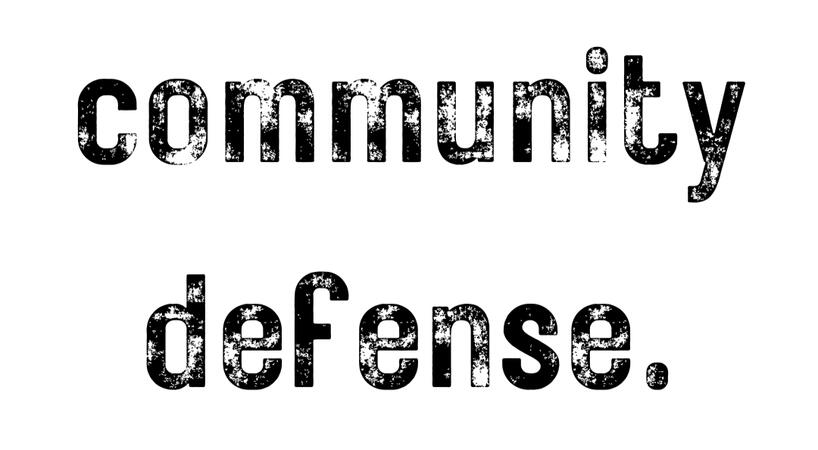a podcast on synthesizing resilience of frontline communities
01 // Tacticool, Yellow Peril Tactical, and the Forward Initiative02 // Solidarity Collectives03 // Street Aid Daily04 // Black Skrippa Brigade, SWOP, Clean Air Club, and allies05a // Oh Joy Sex Toy, Hien Pham, and allies05b // Oh Joy Sex Toy, Hien Pham, and allies
